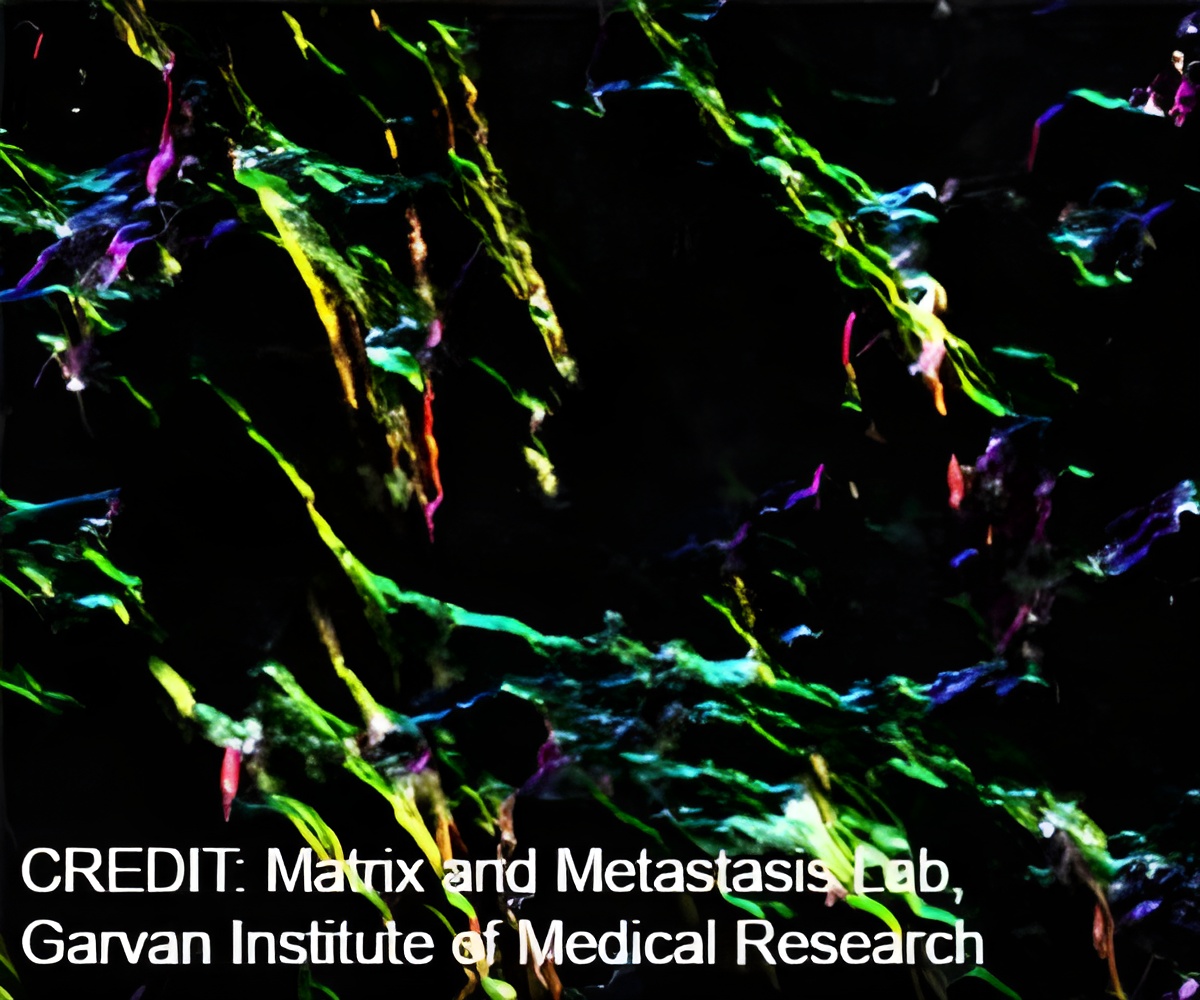A new study suggests that protein extracted from squid could be a promising replacement for synthetic collagen, currently used in modern regenerative medicine.

‘The technology of creating collagen scaffolds from squid protein can be easily used at a large scale to produce biocompatible material for healing and tissue regeneration.’





This, in turn, creates a kind of tissue scaffold. Since collagen fibers are durable, elastic, and serve as signals that determine the cell’s so-called destiny, in medicine. They are used as an environment to accelerate the growth and differentiation of tissues.However, even the most advanced technologies are unable to create collagen «networks» that exactly repeat the structure of a natural cellular environment, most favorable for its regeneration, or in other words, tissue repair.
Protein Extracted from Squid May Increase Tissue Growth for Regenerative Medicine
This large marine animal is the most popular commercial species of squid that is used in cooking and by scientists when studying animal brains and behavior. Considering the availability and high volumes of Dosidicus gigas catch (up to 700 tons a year), this species may yet become a source of collagen for medical purposes on an industrial scale.They extracted collagen from the squid’s skin, then the protein was blended with glycerin and water and dried in a special chamber, to shape it into the form of a scaffold. The durability and elasticity of the resulting fibrous material were then tested by stretching the sample.
It turned out that the material’s mechanical properties matched those already used as cell scaffolds in regenerative medicine. Analysis of amino acid sequence, which is part of the protein, has shown that the Dosidicus gigas collagen is like mammal collagen, making it possible to be used when working with human cell cultures with no risk of rejection.
To experimentally prove that the squid scaffold is suitable for growing human cells, scientists have placed samples into small plastic nutrient-filled walls and afterward applied human stem cell cultures onto their surfaces.
Advertisement
Hence, researchers have concluded that squid collagen has no toxic effect since the median survival of cells that were cultivated there was 90%. The results of the work have already attracted the interest of the industry. For example, only one company, Varseas, produces collagen of the described type in Russia.
Advertisement
Source-Newswise












